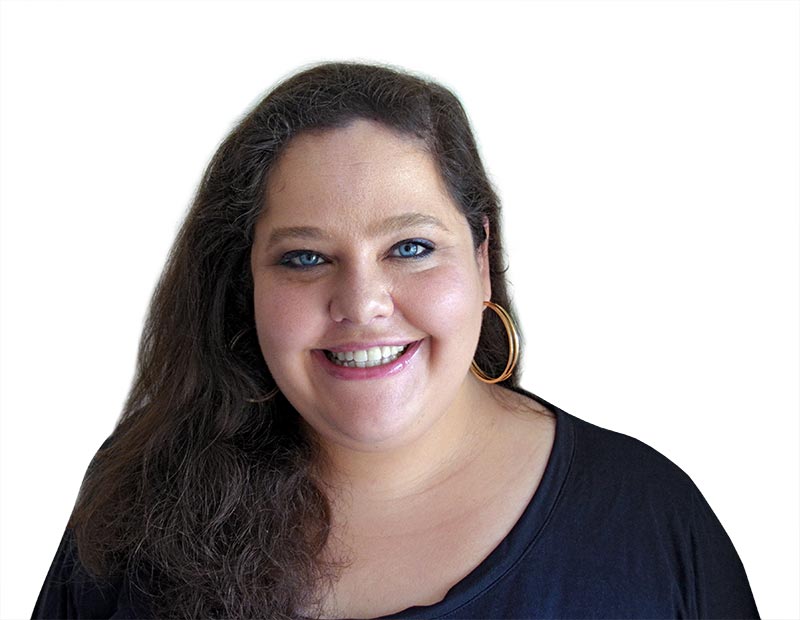The art of process writing assessment
The writing process involves, at least, four different steps: analysing the task question, brainstorming, drafting, proofreading and finally handing it to the teacher so that the work can be checked. This process is also known as a ”recursive” process because when you are proofreading it is almost certain that you might have to return to the brainstorming step to develop and/or expand your ideas.
That is actually the beauty of it: playing with words, picking and choosing what fits best, changing your mind, rewording, paraphrasing, maybe in more sophisticated words, reordering, using different linkers… Things we cannot normally do while speaking. This process has a direct impact on learning itself, by raising (self-) awareness, increasing the range of vocabulary, improving organisation, paragraphing, cohesion and coherence. It also helps and causes the learners to think and learn more autonomously.
Bringing theory and practice together, in spite of truly helping your students to develop and grow linguistically, do you think this process is doable and/or practical from the teacher’s point of view? I would say so, first because of the positive results and goals your learners are going to achieve which is rewarding in general, and secondly because the steps are clear and easy to follow, although I highly recommend you to personalise your tasks, codes, lessons, etc.
Let’s focus on having two drafts and one final version. Otherwise, the student may be rewriting the same piece for what may feel like forever and that is not what we want or need.
When the 1st draft is handed in, we should focus on the organisation: number of words asked, layout, paragraphing, cohesion, cohesiveness, punctuation and misspellings; Here, you can use the writing correction codes (https://www.teachingenglish.org.uk/article/writing-correction-code) and if you have never seen or used it before, I suggest you create your own with your group. Remember to make everything as clear and as clean as possible for your students to follow, understand and feel the sense of achievement. Go over this first step with students, and for that, I recommend spending 5 to 10 minutes of your lesson. Also, set achievable due dates. I usually negotiate those with my students.
Based on the first feedback, learners are going to deliver the 2nd draft. At this step, when the composition is organised and the ideas are connected, instead of marking what is wrong, what about commenting and asking questions in order to raise students’ awareness towards the use of different (and more sophisticated) vocabulary and to possibly expand their descriptive skills? For instance, your student writes: “I have been to Chicago”. You can comment and ask him/her: “That is great. What have you done there? Who have you traveled with? Can you tell me more about it?”
Furthermore, I firmly believe that the first draft students produce shouldn’t be graded and I will tell you why: imagine you are in the student’s shoe and you receive your piece of writing marked 6,0 or 7,0. “That’d be good, right?” And then the teacher asks you to rewrite it in order to get a better grade. “Why would I do that? I already have a mark, I’ll work better on the next one”.
And then, what happens is that students are probably going to make the same errors and misspellings, etc. They will not be able to go beyond what they have always been producing in terms of cohesion and coherence, use of varied vocabulary, etc. Especially when it comes to more advanced levels when the learners feel they are not learning anymore.
I will end this post with a food for thought: We are supposed to be facilitators, what else can you do to provide the best atmosphere for learning?




